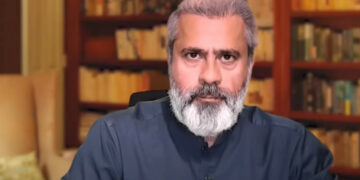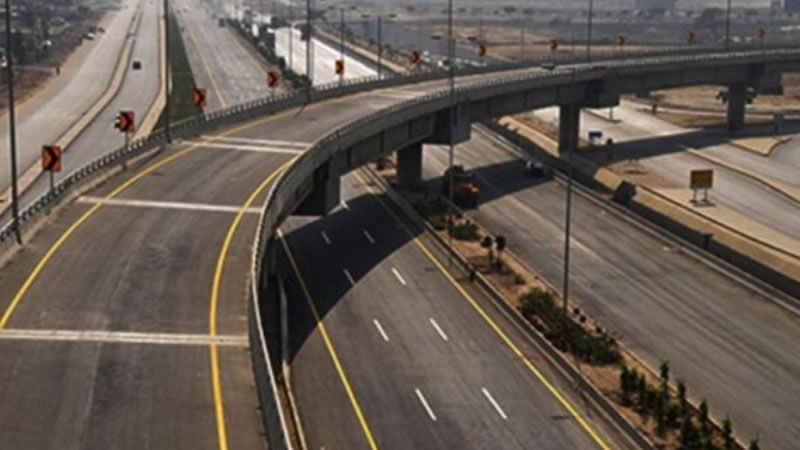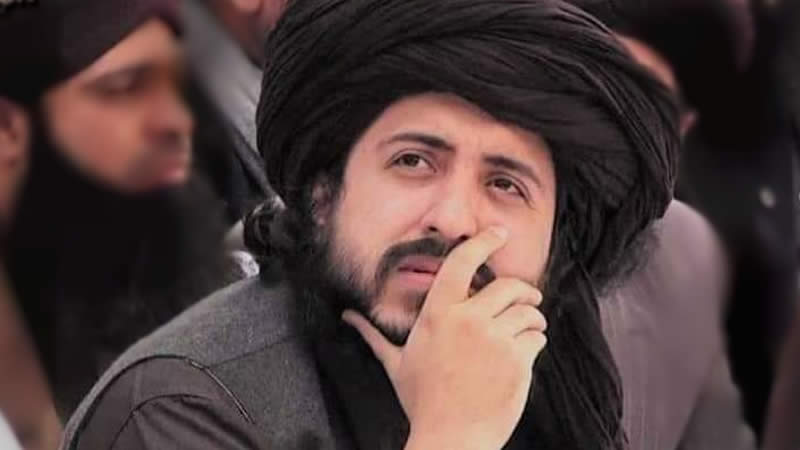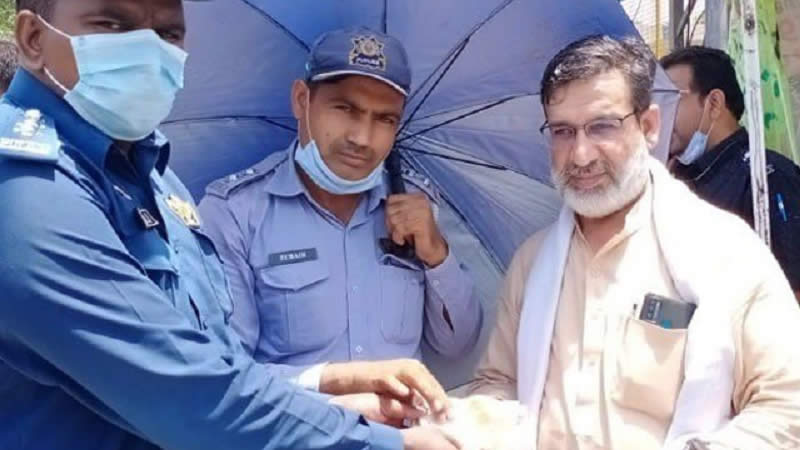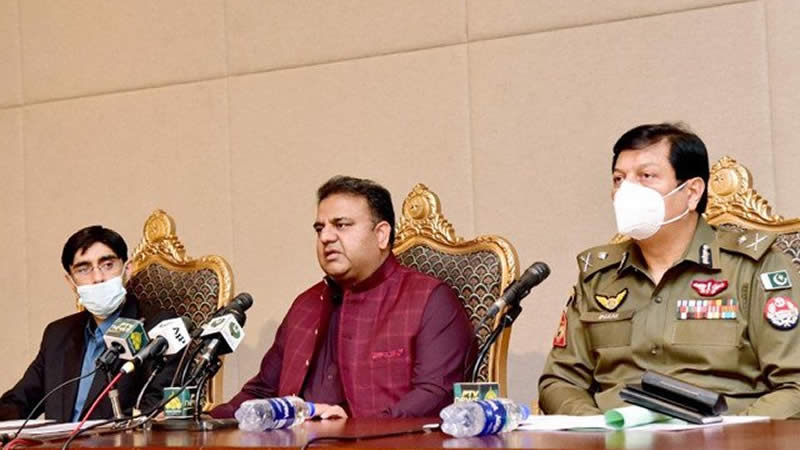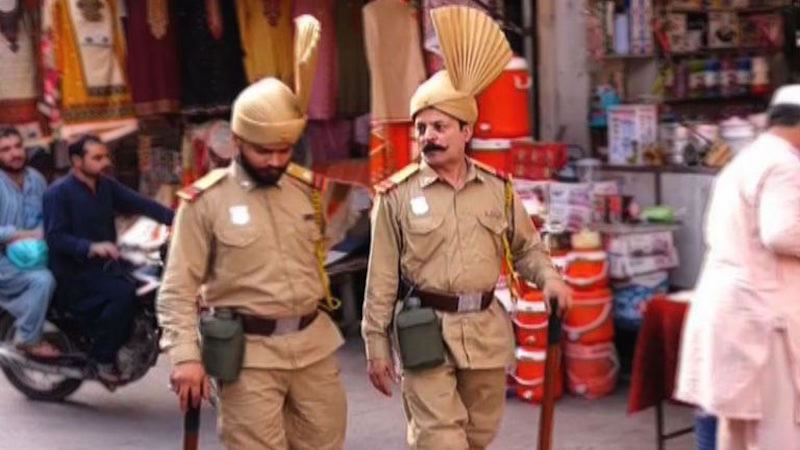 PML-N’s Punjab government has opposed the Supreme Court’s revisiting of its December 14, 1991 judgement, which had declared land reforms introduced by PPP founder Zulfiqar Ali Bhutto as un-Islamic. The provincial government has contended that the court’s declaration of the land reforms as un-Islamic is correct.
PML-N’s Punjab government has opposed the Supreme Court’s revisiting of its December 14, 1991 judgement, which had declared land reforms introduced by PPP founder Zulfiqar Ali Bhutto as un-Islamic. The provincial government has contended that the court’s declaration of the land reforms as un-Islamic is correct.
A nine member bench of the apex court, headed by Chief Justice of Pakistan Iftikhar Muhammad Chaudhry resumed the hearing of the petition filed by Workers Party Pakistan, seeking a review of the decision which had held land reforms of 1972 and 1977 and the related regulations as ‘un-Islamic’ in the Qazalbash Waqf case. It must be noted that the decision, which came as a relief to the rich landowning classes, has virtually blocked the possibility of any further land reforms in the country.
The legal experts believe that it would be interesting to see whether the incumbent PPP Sindh government would support this petition or not. In 1990, the Federal Shariat Court (FSC) had declared the land reforms as Islamic. It did not have the jurisdiction to examine MLR 115 and LRA 1977, as they were protected by articles 24 and 253 of the constitution. But the FSC judgement was appealed before the Shariat Appellate Bench of the Supreme Court by the Qazalbash Waqf. The court, comprising three Supreme Court judges and two ulema,accepted the appeal and said that it had jurisdiction to examine whether or not land reforms were Islamic and it did not matter that in declaring them un-Islamic, some provisions of the constitution would be affected and rendered nugatory.
The counsel for the petitioner, Abid Hassan Minto has contended that the decision was outside the mandate of the Appellate Bench. During the hearing of the case on Thursday, Punjab Additional Advocate General Muhammad Hanif Khatiana submitted a concise statement by senior member of the Board of Revenue Nadeem Ashraf. On the other hand, other three provincial governments could not submit their concise statements. The Punjab government has raised several objections over the petition of Pakistan Workers Party.
The provincial government has contended that in the garb of a petition under Article 184, the petitioner actually desired a second review, which was not permissible under the law; therefore, Workers Party’s petition might not be maintainable. There is no empirical evidence available with the petitioners to suggest any nexus between affects generated by the judgement in Qazalbash Waqaf case and the constitutional right of freedom of association contained in Article 17 of the constitution. By merely harping on about socioeconomic conditions of the poor and by mere rhetoric the requirements of evidence and proof shall not be satisfied. Allegations in the absence of evidence remain allegations”, it added.
The statement also says that in the presence of section 48 and 49 of the Representations of People Act 1979, the law ensures and reinforces a level playing field in the electoral process; therefore, the assertions to the contrary by the petitioners are denied. It also raised the objection that the petitioner’s assertions about irreconcilability of Council of Islamic Ideology with the Federal Shariat Court ar “absolutely ludicrous”. “The statement also says that the petitioner assertions about ouster clauses are controverted because ouster clauses have to be interpretation very narrowly, therefore the interpretation accorded to the word constitution’ by the judgement in the Qazalbash Waqaf case is arguably correct,” it added.
The statement also contends that the contention of the petitioners in relation to the various constitutional bars in form of articles 269, 253, 24(3) (f) and 8 having not been considered in the Qazalbash Waqaf case is quite far from being true, especially when the judgement of Qazalbash Waqaf case is reviewed in the light of the another judgement of the Supreme Court reported as Kamal Shah PLD 1986 sc 360. The court asked other provinces to file their concise statements and adjourned the hearing until November 12. -Dailytimes



